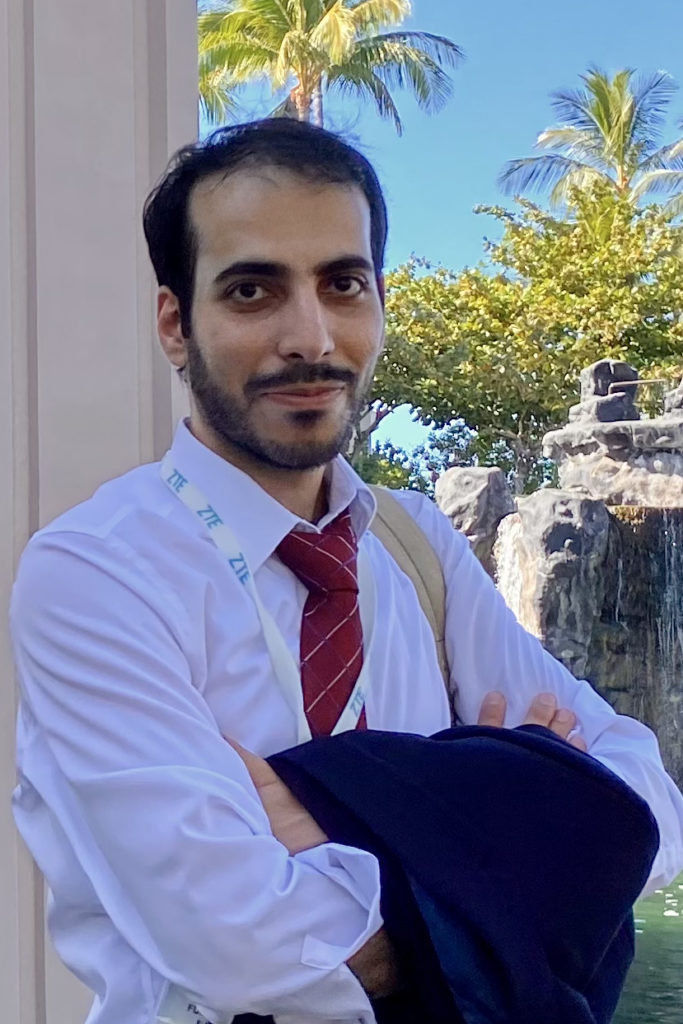Designing large neural codes for the next generation of communication systems

ECE PhD candidate Mohammad Vahid Jamali is the first author on a new paper that focuses on automating the design of channel encoders and decoders through the incorporation of deep learning methods. The goal of this research is to design large neural codes that improve the performance and reliability of communication systems.
“This work could play a critical role in the next generation of wireless networks, IoT, and autonomous systems, among others,” Jamali said. “The objectives and gains are vast.”
Channel encoders and decoders are essential components of any communication system. They enable reliable communication by protecting the transmission of messages across a random noisy channel. This is especially important as the world becomes more reliant on wireless systems, including autonomous cars and an ever-expanding Internet of Things (IoT).
However, it is extremely complex, if not impossible, to train relatively large channel codes due to dimensionality issues caused by huge code spaces. To solve this, Jamali’s team introduced a new class of neural codes named Product AutoEncoder (ProductAE), which provides an efficient framework for training and constructing large neural codes based on smaller code components.
By applying tools from deep learning, it is possible to reduce the complexity of the encoding and decoding, improve the performance of classical channel codes, and design universal decoders that can decode several codes simultaneously.
This work could play a critical role in the next generation of wireless networks, IoT, and autonomous systems, among others.
PhD student Mohammad Vahid Jamali
“ProductAE enables designing large neural channel codes that beat state-of-the-art performance with potential applications in the design of the next generations of wireless networks,” Jamali said.
The paper, “ProductAE: Toward Training Larger Channel Codes based on Neural Product Codes,” won the Best Paper Award at the IEEE International Conference on Communications (IEEE ICC), which is dedicated to driving innovation in nearly every aspect of communications. Over 2,500 papers are submitted to this conference every year.
Jamali is advised by Prof. Hessam Mahdavifar. He is a recipient of the Qualcomm Innovation Fellowship.
 MENU
MENU 
